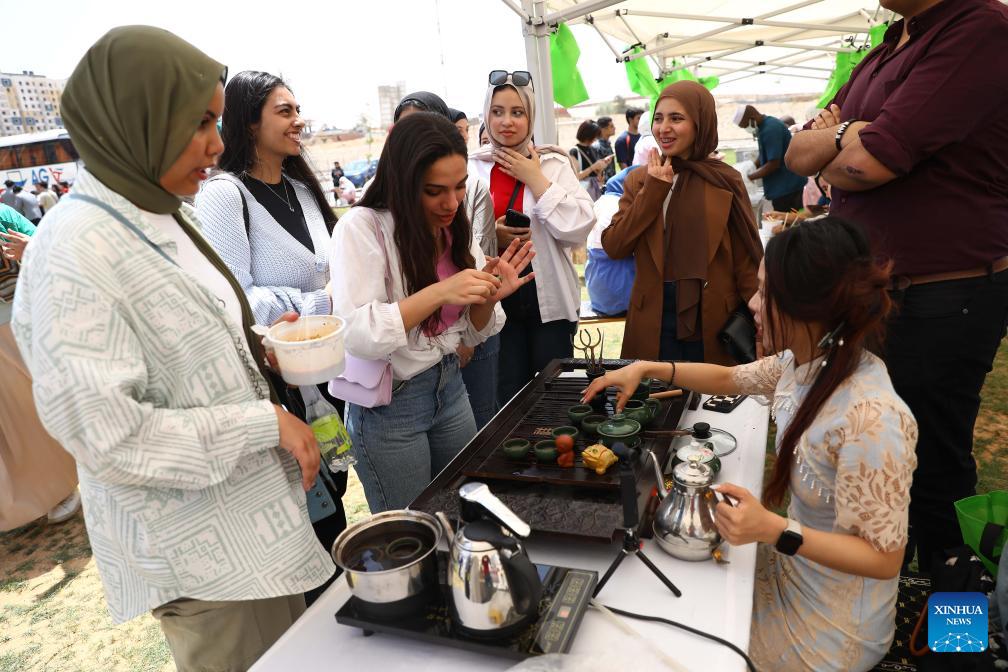Current location:International Iterations news portal > opinions
China's "city of future" preserves tradition, nostalgia
International Iterations news portal2024-04-30 02:50:44【opinions】6People have gathered around
IntroductionXIONG'AN, Hebei Province, April 2 (Xinhua) -- As Xiong'an, China's "city of the future," swiftly ere
(Editor:Wang Su)
Address of this article:http://www.videocameralive.com/html-64b399866.html
Very good!(163)
Related articles
- Explosion kills 3 including 2 children in Myanmar's Yangon
- Moon landing: Odysseus marks first US landing in over 50 years
- Here's a look at moon landing hits and misses
- 'Immaculate' review: Things get scary for Sydney Sweeney in a convent
- Students in UK wowed by time
- Four astronauts from four countries return to Earth after six months in orbit
- JPMorgan Chase CEO warns about inflation, political polarization, wars
- Got kids? Here's what to know about filing your 2023 taxes
- Pakistani FM Ishaq Dar designated deputy PM
- Maggie Rogers on 'Don't Forget Me,' the album she wrote for a Sunday drive
Popular articles
Recommended

8th Aswan int'l women film festival opens in Egypt

SpaceX's loses mega rocket near end of test flight

Archaeological site is discovered within the boundaries of Holloman Air Force Base in New Mexico

Moon landing: Odysseus marks first US landing in over 50 years

Egyptian, Chinese students mark UN Chinese Language Day in Cairo

Judge dismisses lawsuits filed against rapper Drake over deadly Astroworld concert

Total solar eclipse: What's the path and what to know for Monday April 8

How do animals react during a total solar eclipse? Scientists plan to find out in April
Links
- Fresh strawberries go global from northeast Chinese city
- Cold wave continues to wreak havoc
- Chinese cyberspace regulator cracks down on illegal online activities
- Embroidery cooperative dedicated to inheritance of Kirgiz embroidery in NW China's Xinjiang
- Embroidery cooperative dedicated to inheritance of Kirgiz embroidery in NW China's Xinjiang
- Chinese armed forces deploy multiple rescue forces in response to Gansu earthquake
- The foreign hairdresser who calls himself a Xinjianger
- Feature: Blind engineer opens up new vistas with computer game design
- The foreign hairdresser who calls himself a Xinjianger
- Former senior soccer official pleads guilty to bribe